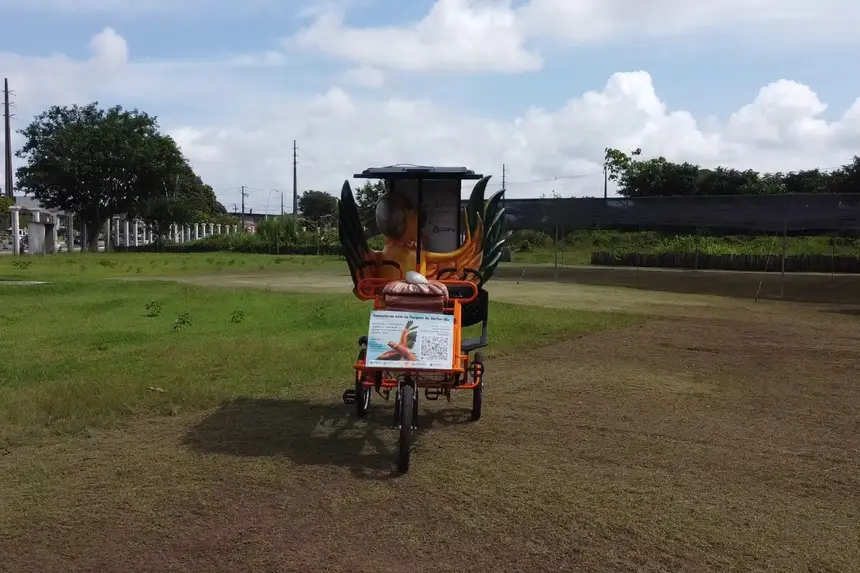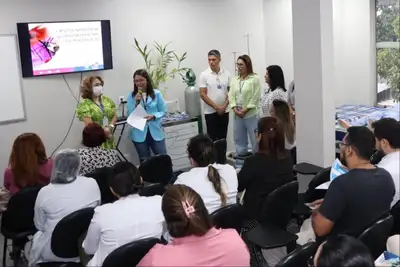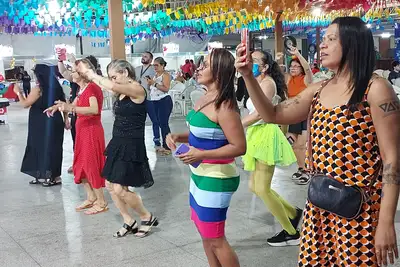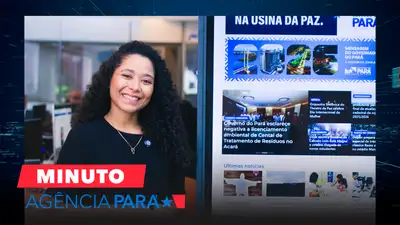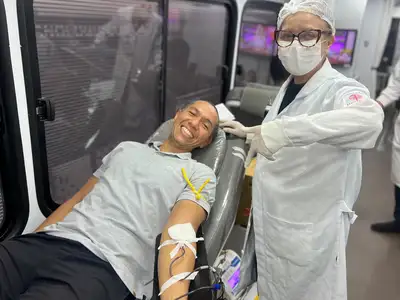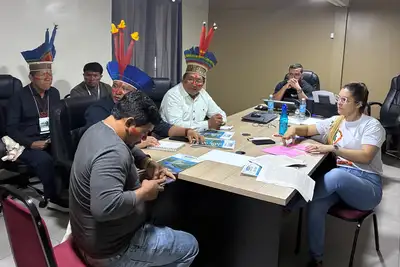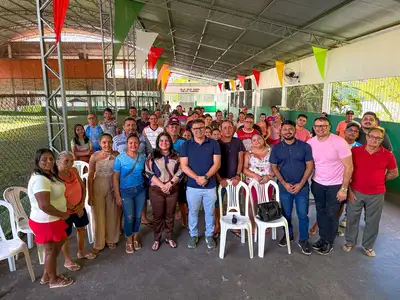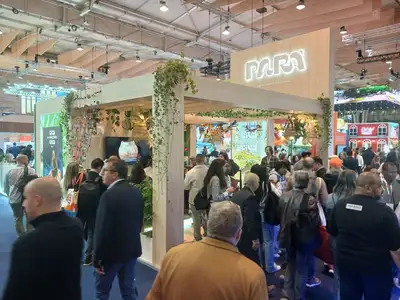Sustainable innovation connects nature and technology at Utinga State Park
The Conservation Unit will receive equipment that operates without an internet connection, powered by solar energy, resulting from a partnership between the Government of Pará/Ideflor-Bio and the University of the Amazon
The Utinga Camillo Vianna State Park, in Belém, will receive this Wednesday (29), at 10 am, an unprecedented technological prototype in the Amazon, called "S.A.N.D.R.O" – Autonomous Services for Non-Face-to-Face Training Aimed at Riverine Populations Recharged through Opportunistic Contacts. The equipment operates without an internet connection, powered by solar energy. The installation is the result of a partnership between the University of the Amazon (Unama) and the Government of Pará, through the Institute for Forest Development and Biodiversity (Ideflor-Bio).
The initiative is part of a technical cooperation agreement signed by Unama and Ideflor-Bio, aimed at strengthening the so-called Smart Tourist Destinations, which combine sustainability, technology, and visitor experience. The device, when installed in Utinga Park, will allow access to a range of local services, such as videos, games, and educational content, as well as information about trails and natural attractions in the area.
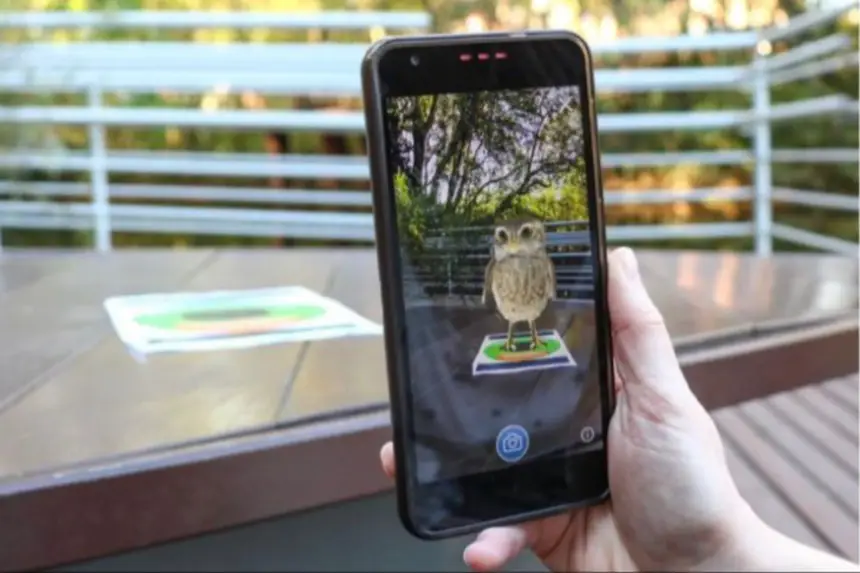
According to the creators, S.A.N.D.R.O was designed to transform the experience of visitors in areas with little or no connectivity. The technology allows access to digital content, watching videos, participating in training courses, and exploring local tourism platforms, all for free and without relying on an online connection. The prototype also represents an innovative alternative to promote digital literacy and technological inclusion in the Amazon.
Cooperation - The project is the result of a collective effort by researchers from various institutions: Unama, Federal Universities of Pará (UFPA) and Tocantins (UFT), São Paulo State University (USP), University of Porto (Portugal), and Facens University Center (SP). The development of the technology received support from the Biodiversity and Biotechnology Network of the Legal Amazon (BioNorte) and funding from the National Council for Scientific and Technological Development (CNPq).
According to the project coordinator, Mauro Margalho, a researcher in the Graduate Program in Administration at Unama, the proposal arose from the need to reduce technological inequalities. "Visitors to Utinga Park will be able to access local sites without an online connection. Our goal is to transform the tourist and cultural experiences in regions without internet, through a frugal and sustainable innovation that also promotes digital literacy," he stated.
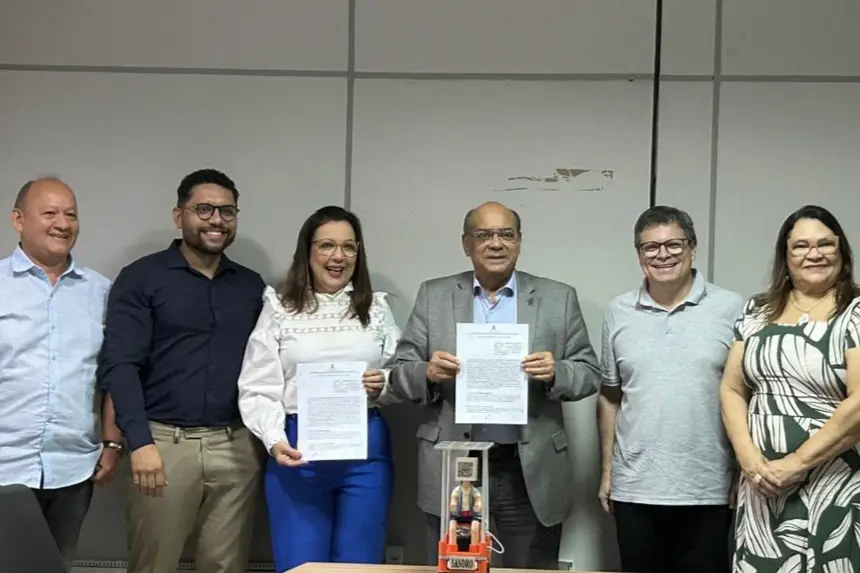
Solutions - The rector of Unama, Betânia Fidalgo Arroyo, highlighted the strategic role of science and education in building solutions for the Amazon. "The research developed in the region highlights the scientific potential we have. When there is a commitment to education and sustainability, it is possible to move towards a more positive future. We hope that this project, along with COP30 (world conference on climate change), inspires our youth towards scientific engagement," emphasized the rector.
The manager of the Administrative Region of Belém at Ideflor-Bio, Júlio Meyer, reinforced that Utinga State Park is an ideal environment to receive the innovation. "Utinga is today one of the most visited and strategic spaces for environmental education in the capital. The installation of S.A.N.D.R.O expands the ways the public interacts with the Park, bringing technology and nature closer together, and reinforcing Ideflor-Bio's role in promoting smart tourist destinations," he declared.
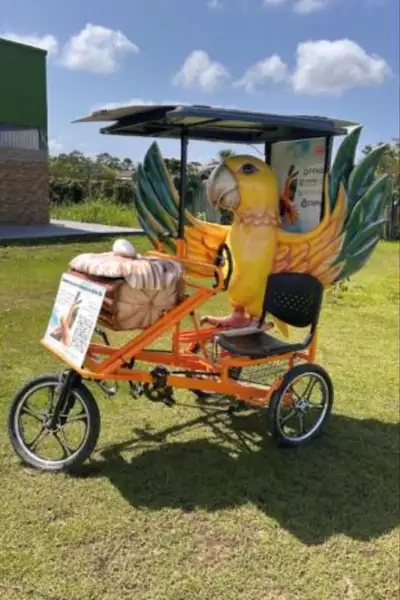
Autonomy - Originally conceived to support distance learning in riverine schools without internet access, the prototype now gains new functions in tourist environments. The structure of the equipment is similar to that of a compact computer, with minimalist hardware, solar panel, and outdoor router, ensuring autonomy and mobility. "The device is autonomous and recharged by solar energy. It functions as a local network, allowing the sending and access of files even in areas without mobile coverage," explained researcher Mauro Margalho.
For the president of Ideflor-Bio, Nilson Pinto, the project reflects the commitment of the Government of Pará to integrate innovation and sustainability. "Ideflor-Bio has been constantly seeking solutions that unite technology, conservation, and human development. This prototype symbolizes the future of our Conservation Units: spaces for environmental protection, but also for knowledge production and social inclusion," he emphasized.
The installation of S.A.N.D.R.O at Utinga State Park will be monitored by technicians from Unama and Ideflor-Bio, who will evaluate the performance of the equipment in the first months of use. The expectation is that, after testing, the technology can be replicated in other conservation units in Pará, expanding digital access and strengthening the strategy for sustainable tourism throughout the Amazon region. (Collaboration by Quezia Dias - Ascom/Unama).



